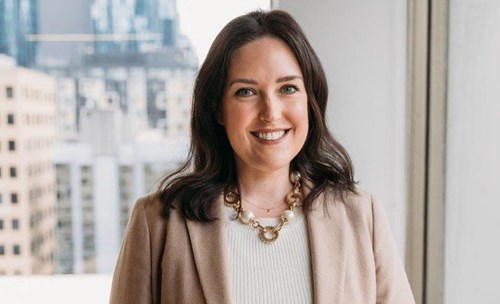Independent Children’s Lawyers in family law proceedings

Although most parents will be able to resolve their parenting matters out of Court, there are just some instances where this is not possible. If you find yourself navigating your way through family law parenting proceedings, you may come across the term Independent Children’s Lawyer. This article provides information about an Independent Children’s Lawyer (ICL), including the role of an ICL and when it might be appropriate to appoint one in your case.
What is an Independent Children’s Lawyer?
An ICL is a lawyer appointed by the Court in family law proceedings to act on behalf of a child. An ICL does not act on the child’s instructions but rather acts in the best interests of the child and ensures that is the focus of any decisions about parenting arrangements. ICLs are obliged to consider the views of the child but ultimately provide their own independent perspective about what arrangements are in the child’s best interests.
The ICL must act impartially and, upon examining all the evidence in a case, will ultimately form a view as to what arrangements are in the child’s best interests.
The ICL may:
- Meet with the children;
- Speak to doctors, teachers and any other relevant professionals;
- Examine documents from organisations such as Child Protection and Victoria Police (if relevant);
- Examine medical, psychiatric or psychological records;
- Arrange a Family Report if required;
- Encourage the parties to reach an agreement that will meet the child’s needs;
- Question witnesses at a final hearing.
An ICL must have completed a national training program and be registered on a State or Territory ICL panel.
Do I need an Independent Children’s Lawyer in my case?
The Court can appoint an ICL of its own volition or upon application from one or both of the parties. An ICL is usually appointed in complex parenting matters where one or more of the following circumstances exist:
- There are allegations of abuse or neglect in relation to a child;
- There are allegations of family violence;
- One or both parents have serious mental health issues or alcohol and/or drug abuse issues;
- There is high conflict between the parents.
Do I have to pay for the Independent Children’s Lawyer?
Whilst an ICL is often funded by Victoria Legal Aid (or other State equivalent), you may be requested to contribute to the costs of the ICL.
If your financial circumstances are such that you are not in a position to contribute to the costs of the ICL, you will be requested to complete and submit a financial statement for consideration to be given to an exemption.
If you do not contribute to the costs, the ICL may ask the Court to make an order requiring you to do so at the end of your case.
Is the Court bound by the views of the Independent Children’s Lawyer?
The ICL is a party in the court proceedings. Like all other parties, the ICL will present their view to the Court, and the Court will take this into consideration amongst all other evidence. The Court is not compelled to follow the recommendations of the ICL, but their views are often given considerable weight.
Will the Independent Children’s Lawyer meet with my child?
ICLs are now required to meet with all children over five years and provide the child with the chance to express their views. This is subject to certain exceptions, for example, if the child does not wish to meet with the ICL.
If an ICL asks to meet with your child, you should ensure that this happens. It is also important not to coach a child or ask them questions about the meeting before or afterwards. Generally, you are not able to attend the appointment with your child and the ICL.
The ICL should explain their role and the Court process to your child and provide your child with the opportunity to express their views free from the influence of others.
The ICL will then consider how much weight ought to be placed on the views of a child based on a number of factors, including but not limited to age, maturity, capacity to articulate their views and willingness to express a view.
How an experienced family lawyer can help
Appointment of an Independent Children’s Lawyer is not always necessary in family law proceedings but can be helpful in some circumstances. If you would like to understand how an ICL may impact your case, please do not hesitate to contact one of our family lawyers.
Find this article useful or interesting?
You may also like to read:
- Can my children decide where to live?
- Co-parenting apps for separated parents
- Parenting Plan or Parenting Consent Order
Contacting Emera Family Law
Family Lawyers Melbourne
This article is of a general nature and should not be relied upon as legal advice. If you require further information, advice or assistance for your specific circumstances, please contact Emera Family Law.

